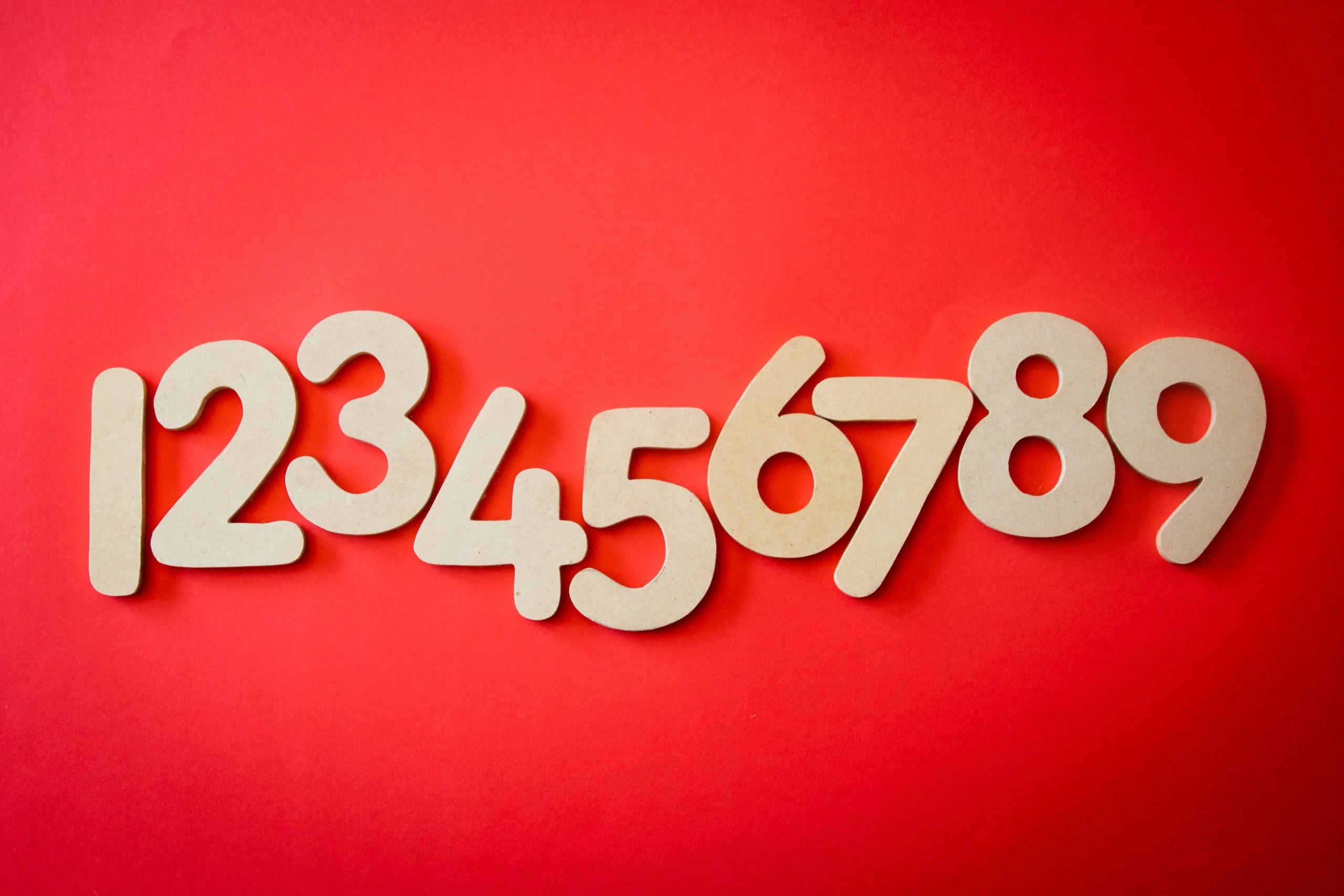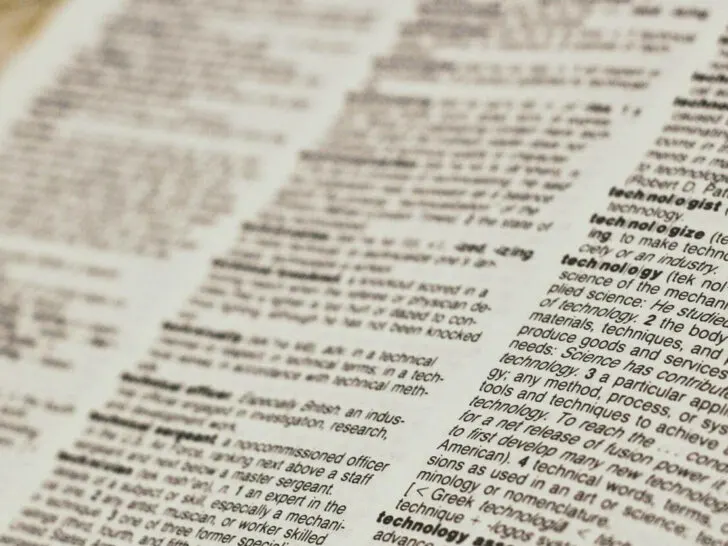Words play an important role in our lives. From describing feelings or instructions. Words are used everywhere, whether writing, speaking, or listening.
They play a key role in conveying instructions or messages to others. Effective use of words can even motivate individuals to take a positive or negative initiative.
Words work as the building block of any language literature. They form into meaningful full sentences and eventually form folks, poems, essays, huge paragraphs, etc.
In today’s world, knowing words and their usage is as important as knowing the values of living. Personality, relationships, and dealings can build or shatter depending on the usage of words.
Generally, there are around 171,146 words present in the English language, and many are hard to distinguish due to their similarities.
Quantify and qualify are two words with pretty similar spelling and pronunciation. Despite the similarities, both have a few distinctions between them.
In short, the word quantify means to calculate the amount or quantity of something. Where the word qualify means to be entitled to a particular benefit by fulfilling a certain condition or need.
This is just one difference: there is a lot more to know, so read till the end as I’ll cover everything.
Quantify: What does it mean?

The word quantify is a transitive verb that means to express, determine measure the quantity of something that can be measured.
You quantify something by placing it in numbers. If you’re asked how many fingers you have on your hand, you should respond with five. If you enjoy math, this is the term for you: quantifying is the act of counting or representing anything in numbers.
In logic, quantifying implies assigning a universal or specific amount to a word or proposition. Remember that metrics are “standards of assessment by which the efficiency, performance, progress, or quality of a strategy, process, or product may be measured.”
Meaning
It can also be a numeric statement to express one’s characteristics or quantity in terms of numbers. It means that you are using an objective unit to measure or to determine ‘how much of something is compared to that value”.
If you want to know more about the meanings, have a look at this video:
Pronunciation
As we all know, there are two main ways simply to accent to pronounce a word. One is the British or UK accent, whereas the other is the American or US accent.
In the British or UK accent, the word quantify is pronounced as “kwon·tuh·fai“, whereas in the American or US accent it is pronounced as “kwaan·tuh·fai.
How should we use the word Quantify in sentences?
After knowing the meaning, it’s important to know its correct sentence usage.
There are many ways to use the word quantify in your sentences. Examples of the usage are listed below.
- “It is not easy to quantify the responsive role of government.”
- “It is impossible to quantify the actual value of the black economy.”
- “Initially, It was difficult for me to quantify how long it would take to finish the project.”
- “With this mindset, any attempt to quantify or verify the meanings is misleading.”
- “At any party or festive, a vendor should always be required to quantify the potential tax charge.”
- “Using words in our day-to-day lives is nearly impossible to quantify.”
- “As the study of the forest, it may take several decades to quantify the effect on fish stock.”
- “He asked me: “How much impact they will have is impossible to quantify“.
- “Surprisingly, they voted in favor, they said, though he could not quantify the demand.’
- “Even so, Sir Edward admitted that the wider implications of the weak housing market on the industry were hard to quantify.”
Qualify: What does it mean?
The word qualify is also a transitive verb that means to be entitled to a particular benefit by fulfilling a certain condition or need.
It may also provide someone with the necessary skills and information to perform a task (for something).
Meaning
In general, the word qualify also means to meet a list of requirements such as “He qualified to be an army officer due to his fitness test results.”
The word qualify is also used to describe something in detail. For example, “He was qualified for the seat because of his remarkable skills, passion, and hard work.”

Pronunciation
There are two main ways to pronounce the word qualify. One is the British or UK Accent, whereas the other is the US or American accent.
In the British or Uk accent, the word qualify is pronounced as kwo·luh·fai. Whereas, in the US or American accent the word qualify is pronounced as kwaa·luh·fai.
Qualify: What is its usage in sentences?
After knowing the meaning, it is important to learn its correct usage in sentences, as words used incorrectly make no sense to the listener.
You must know how to use the word Qualify in the sentences. So, here are examples of how to qualify your sentences.
- “These tests confirm readiness for full duration, firing, and stacked and will qualify the design.”
- “I would qualify that by putting it into the quotation.”
- “He failed to reach the required point and therefore did not qualify for the race.”
- “This student on the first bench was qualified for the student financial aid.”
- “In war times, it was decided that all men in the armed forces should qualify for the franchise.”
- “After the break, We’ll decide on our team as and when we qualify for the competition.”
- “After giving a great medical exam, he is determined to qualify as a surgeon.”
- “You must take a 10-month of various courses to qualify as a registered massage therapist.”
- “Unprecedented in Asia, Korea has qualified for the World Cup of soccer six times.”
- “He replied, “We don’t qualify for state or government aid”.
Qualify vs. Quantify: What’s the difference?
Although quantify and qualify are transitive verbs and similar in terms of spelling and pronunciation, they aren’t the same due to differences in meanings and usage. The table below represents the key distinctions between these two words.
| Quantify | Qualify |
| Means to express, determine measure the quantity of something that can be measured. | This means to be entitled to a particular benefit by fulfilling a certain condition or need. |
| A physical quantity that can be measured. | It Cannot be measured. |
| Can be a numerical statement | It is a kind of a True or False statement. It can either be qualified or disqualified. |
Quantification vs. Qualification: Are they the same?
Although Quantification and Qualification sound similar, they aren’t the same, mainly in terms of meanings.
The word qualification indicates the terms and conditions which qualify something, it can be a limitation or any type of modification. Whereas, the word quantification is an act of quantifying.
Qualification can also be described as qualifying for an achievement or position. It can also be described as the expression of economic activity in monetary units.
Quantitative vs Qualitative: What’s the difference?
Same as the words qualify and quantify, quantitative and qualitative are also two words with similar spellings and pronunciation but aren’t the same. Both are different mainly in terms of their meanings.
The word quantitative means, measuring or measuring by the quantity of something rather than its quality. Whereas, the word means, measuring or measuring by the quality of something rather than its quantity.
Conclusion
- Words are essential for communication and can greatly impact relationships and understanding.
- “Quantify” and “qualify” may seem similar but have distinct meanings.
- “Quantify” refers to measuring the quantity or amount of something in numbers.
- “Qualify” means meeting certain conditions or requirements. It entitles you to a benefit or position.
- Both words have different meanings and applications in sentences.
- Understanding these differences enhances effective communication.
- “Quantitative” and “qualitative” are related terms with differing meanings. The difference is on the basis of quantity and quality.
- Being aware of these distinctions helps convey precise messages in writing and speech.
Other Articles
- ENFP Vs ENTP Personality (Everything Explained In Detail)
- What Is the Difference Between Regular Circumcision and Partial Circumcision (Facts Explained)
- Hasn’t VS Haven’t: Meanings & Usage Differences
- What’s the Difference Between Asocial & Antisocial?
- Chinese Hanfu VS Korean Hanbok VS Japanese Wafuku

